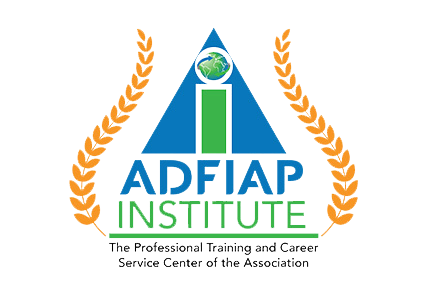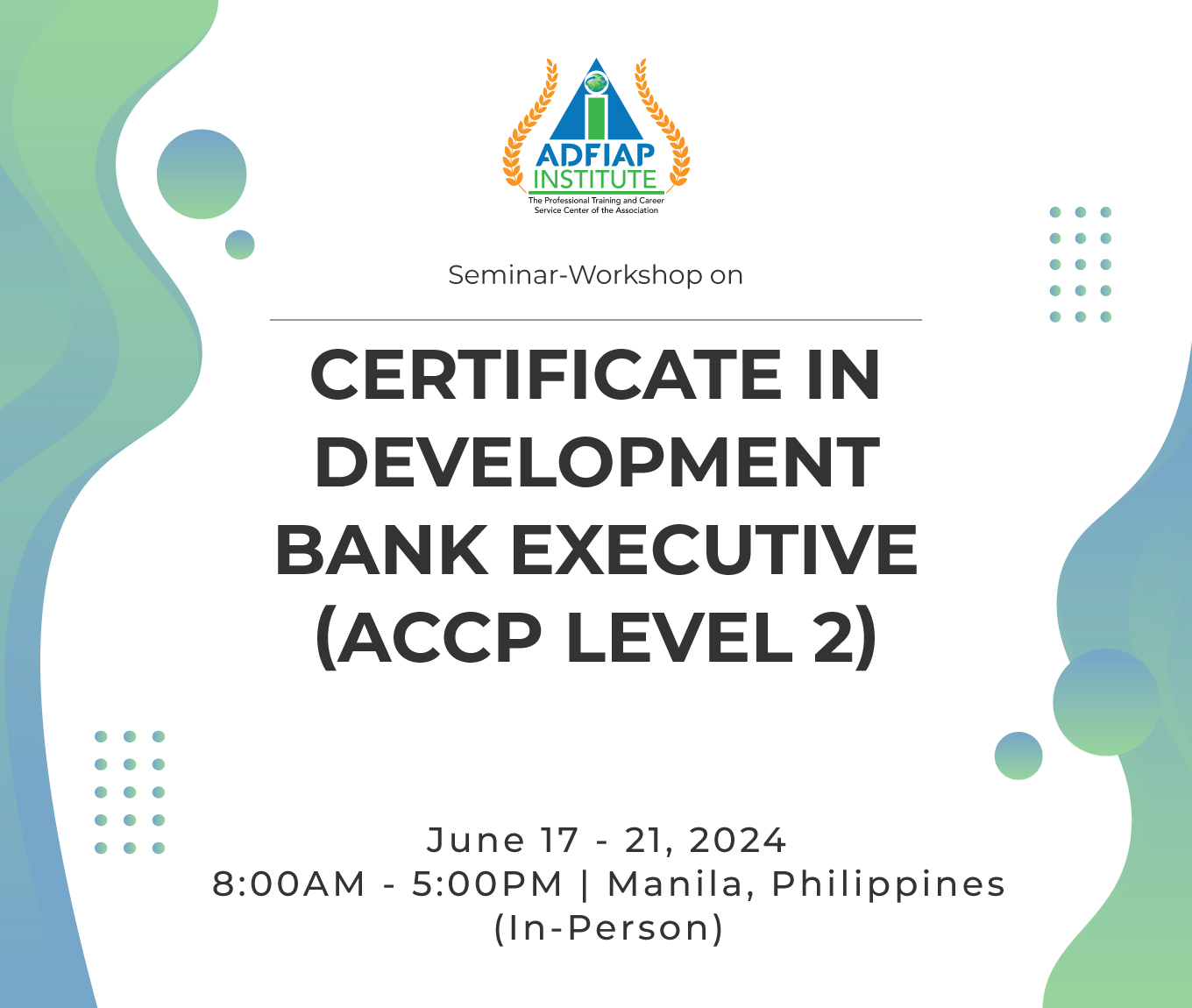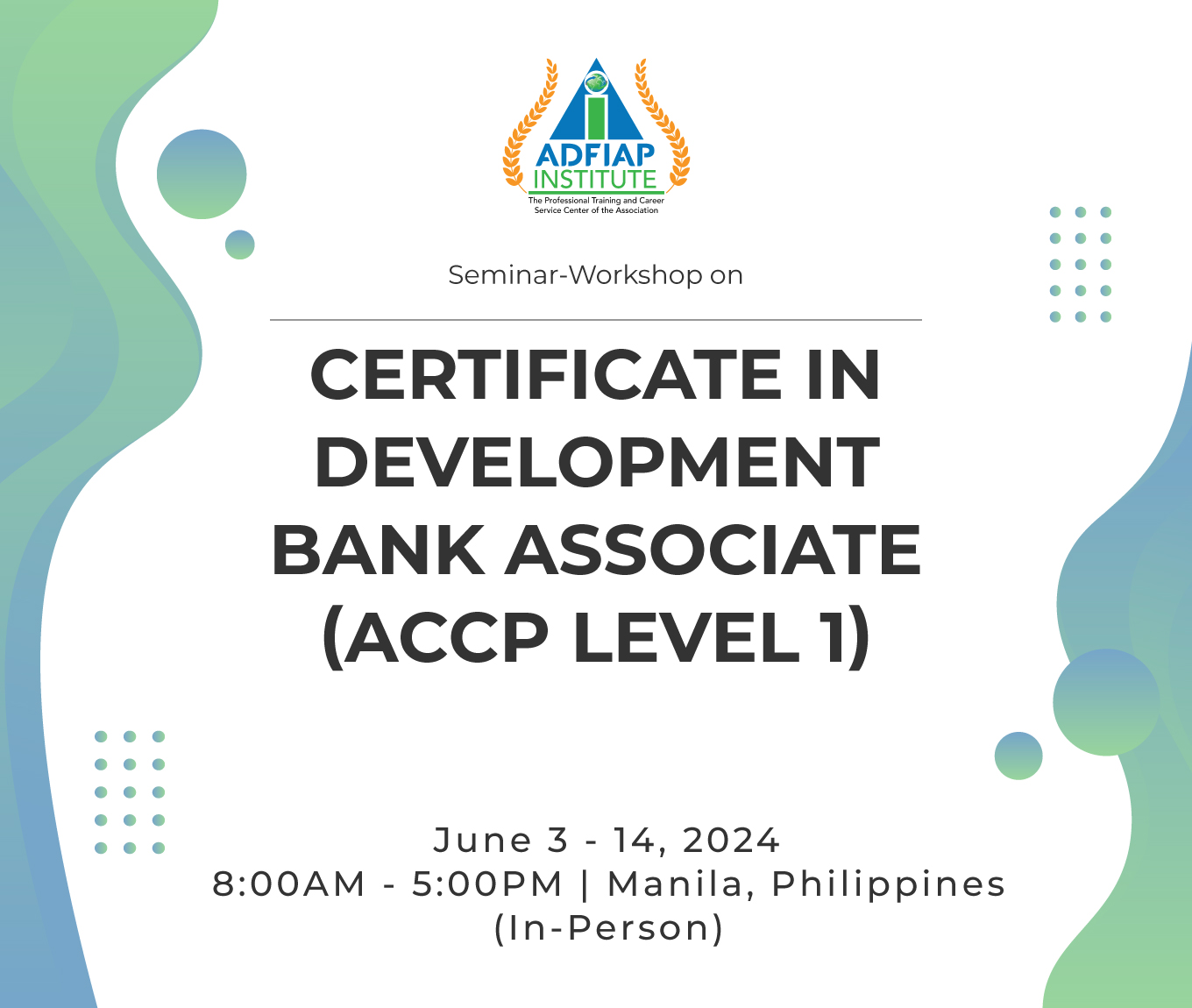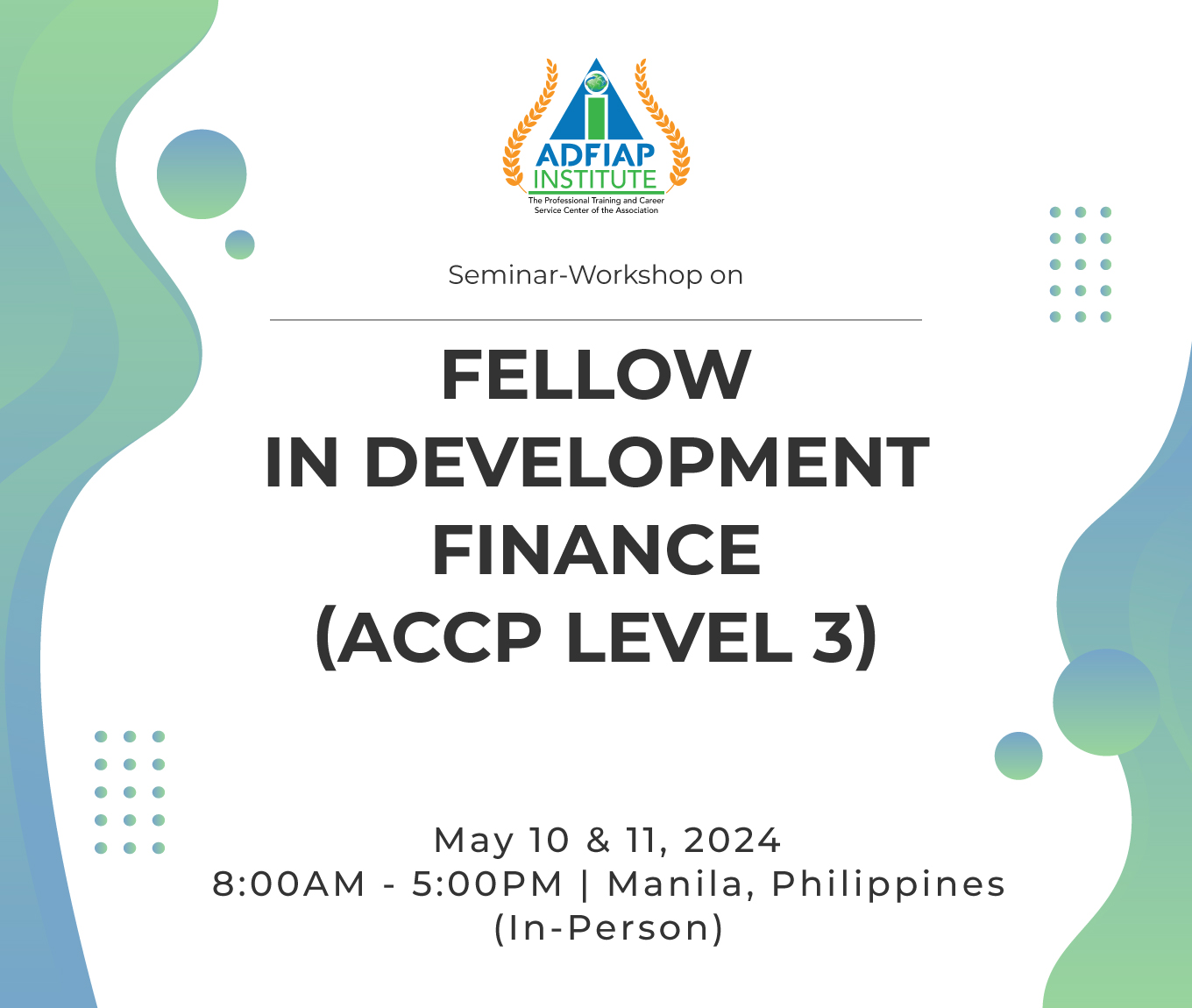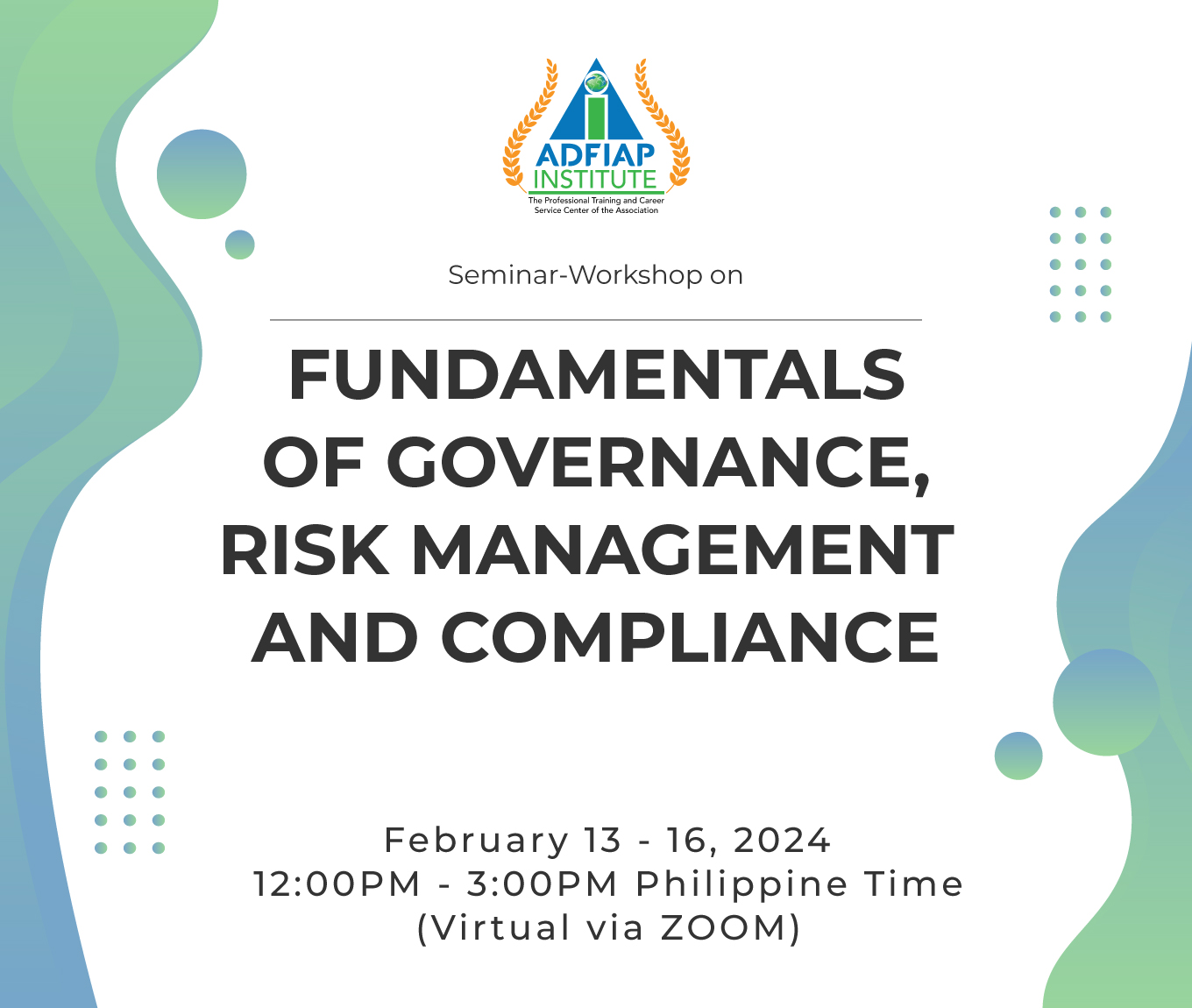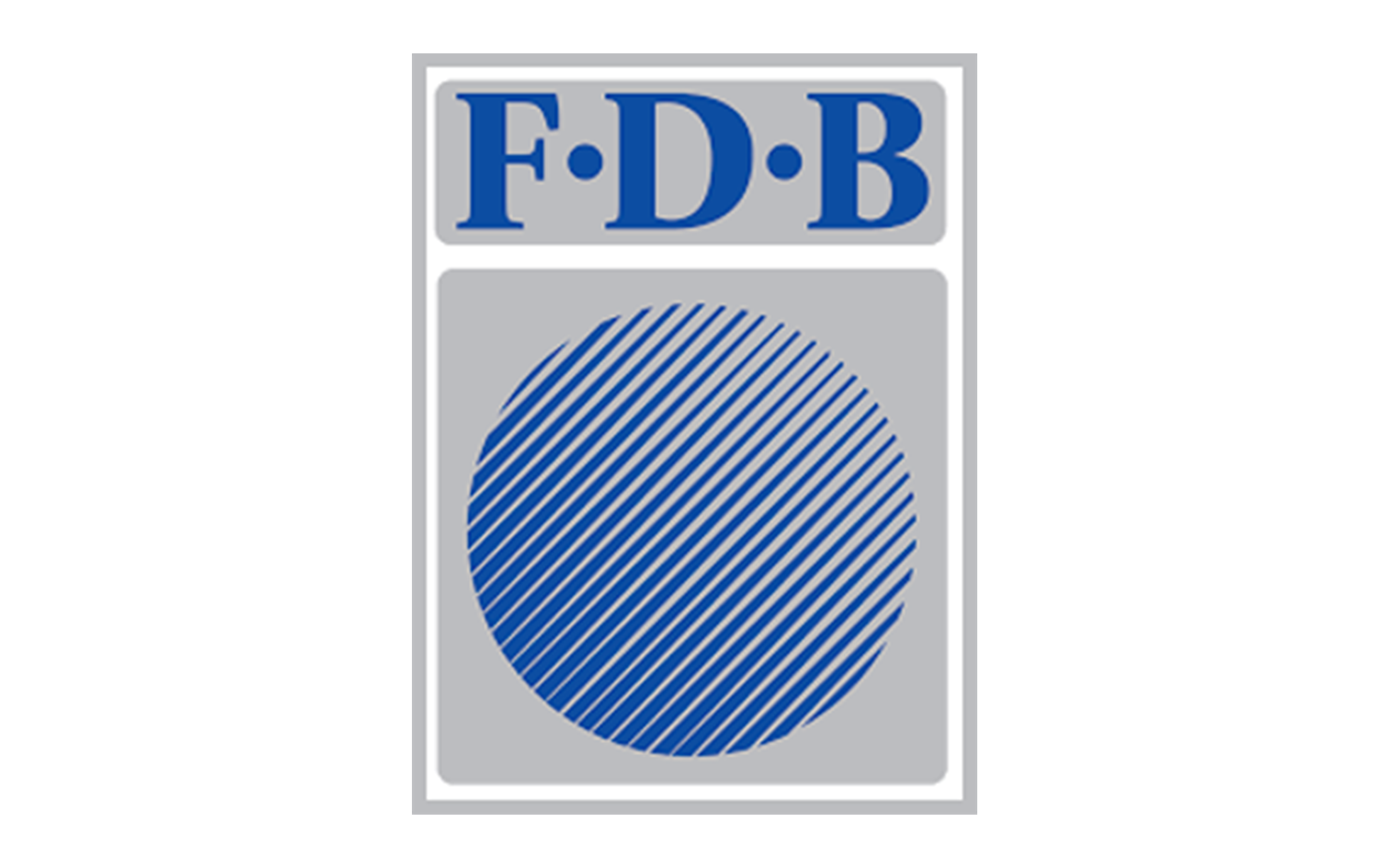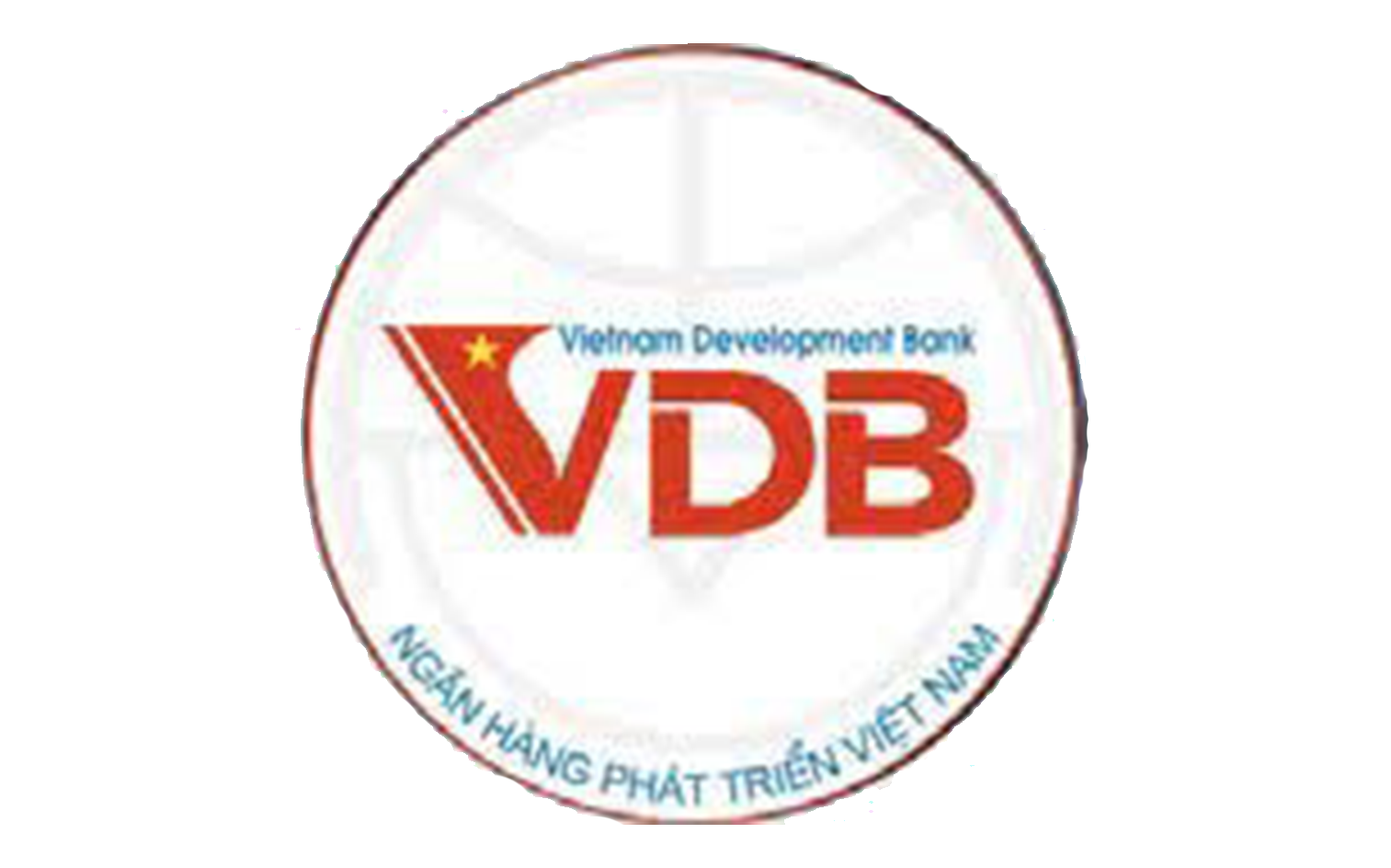Level 7 postgraduate studies in Computing Technologies accredited by The Chartered Management Institute (CMI) has been created to develop and reward the business managers of today and the future, and to continue to bring recognition and professionalism to the management sectors. The Level 7 programme will require Learners to critically evaluate, challenge and synthesise a wide range of current management tools, techniques and models. The emphasis placed on current management concepts and models is on those that are relevant to the 21st century business environment and context and goes beyond the normal examination of Anglo American management models.
At level 7, the emphasis is also placed on the ability to adapt management concepts, tools and techniques to align with organisational culture and apply critical reflective thinking.The qualification scope covers all the primary business functions and how these are interrelated and integrated. The mandatory units provide a holistic study of core organisational issues that are relevant to strategic decision making, planning and enabling the organisation to achieve its strategic aims and objectives.
The programme has a total equivalence of 120 credits. Completing the Diploma allows access to a dissertation at one of our University partners for a related master’s degree.
The programme itself is made up of 8 interactive modules and 8 written assignments, with approximately 40 guided learning hours per module. All modules have an additional 30-50 learning hours of optional materials that comprise of recommended exercises, recommended readings, Internet resources, and self-testing exercises. You will also have access to 24/7 support, tutoring, and a variety of other support mechanisms.

